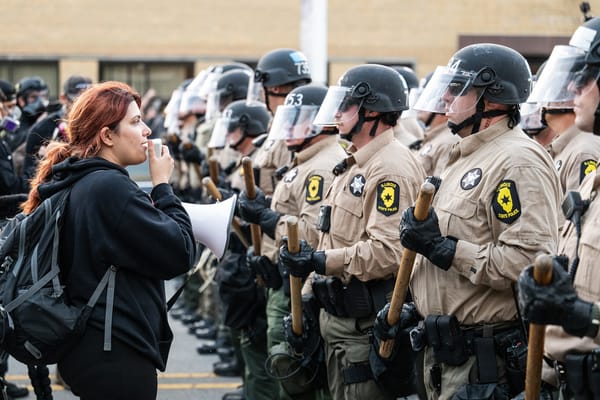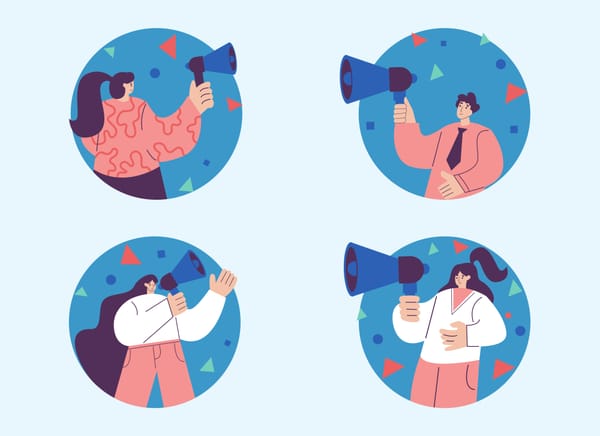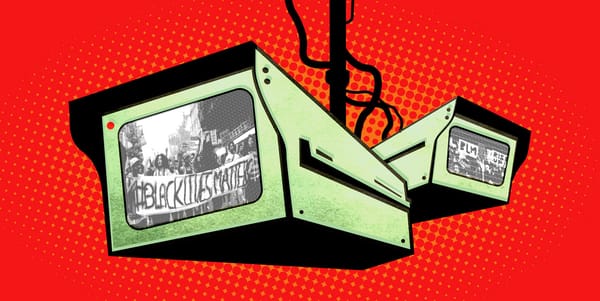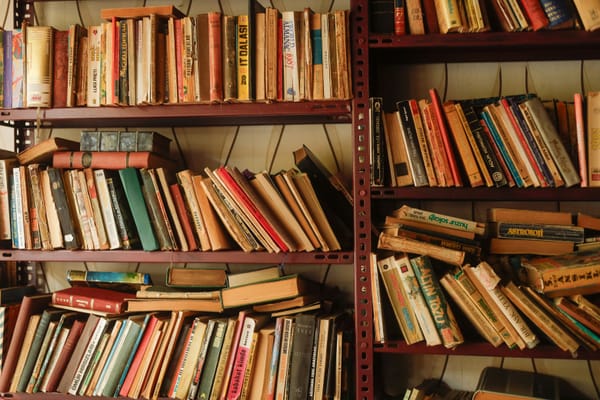
2025: a personal year in review
Highlights and hopes for the new year.

On fascism, technology, and finding the helpers.

Personalization is coming to journalism. The question is: who controls it?

The future of the web depends on simple, open standards.

Highlights and hopes for the new year.

On fascism, technology, and finding the helpers.

Personalization is coming to journalism. The question is: who controls it?

The future of the web depends on simple, open standards.

Why Europe's alternative tech vision needs community, not just compliance

Why the next era of digital civil liberties requires a tighter mission, a bolder strategy, and a clearer view of how power works.
Ben Werdmuller explores the intersection of technology, democracy, and society. Always independently published, reader-supported, and free to read.
"Notes from someone who's withstood White House demands to stop an explosive story—and who once even had a 60 Minutes piece spiked."

A way to build a habit out of what's important.

Highlights and hopes for the new year.

An alternative Christmas; lies we tell ourselves.
Tim's 2026 predictions are worth paying attention to - and form a great map for following where the open social web is going.

On fascism, technology, and finding the helpers.
"Airbus is preparing to tender a major contract to migrate mission-critical workloads to a digitally sovereign European cloud – but estimates only an 80/20 chance of finding a suitable provider."
We don't need to educate our audiences to fit our needs. We need to educate ourselves to fit our audiences.

Predictions for journalism; paperbacks are dead; feeling the fear.
"Feeling fear goes hand-in-hand with being ambitious. Imposter syndrome is real and normal. In fact, if you aren't feeling fear in what you do, I'd argue that you aren't being ambitious enough." Here's a way to build in the fear and do it anyway.
"Each year, we ask some of the smartest people in digital media what they think is coming in the year ahead. Here's what they told us." Some essays from the annual collection that caught my eye.

Personalization is coming to journalism. The question is: who controls it?